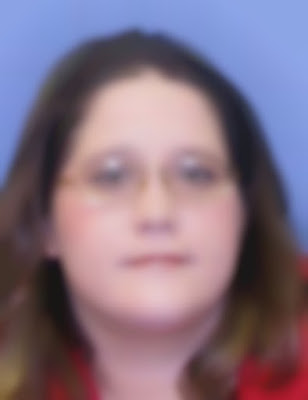A woman wanting to use her dead daughter's frozen eggs to give birth to her own grandchild is being allowed to export them to the US for treatment.
The Human Fertilisation and Embryology Authority (HFEA) granted permission following a Court of Appeal decision in her favour a few months ago.The daughter, who died in 2011, is said to have asked her mother, now 60, to carry her babies.
But she had not given her full written consent before she died, aged 28.
Despite this, a spokesman for the UK fertility regulator said the "exceptional and unique circumstances" of the case meant they would grant special permission for the daughter's eggs to be exported to New York.
The HFEA concluded that it was unlikely that the daughter - known as AM, who died from bowel cancer - would have refused such consent had she been given proper information about the plans before she died by her parents, Mr and Mrs M.
During earlier legal proceedings, lawyers acting for Mrs M said she wanted to fulfill her daughter's wishes to carry a child created from her frozen eggs and "raise that child".
She now intends to take the eggs to a clinic in New York to be used with donor sperm.
Mrs M said she and her husband were "very pleased that the HFEA have now agreed to release our beloved daughter's eggs for export to the US".
She added: "It is our hope that others who find themselves in a similar situation to ours will not now have to go through the protracted heartache that we have had to endure."
They have spent five years trying to win their case. The mother lost a High Court case last year before subsequently overturning the decision at the Court of Appeal.
Mrs M's solicitor, Natalie Gamble, said she was delighted with the decision and had advice for others in a similar situation.
"This case is an incredibly sad story, and we would urge anyone storing eggs or sperm to record as clearly as possible in writing what they intend to happen if they die.
"We are delighted that A's clearly expressed wishes have finally been recognized, giving effect to one of the UK's most fundamental legal principles on assisted reproduction - that the person who has given eggs or sperm should decide what happens to them."


Comments
Post a Comment
we love to hear from you